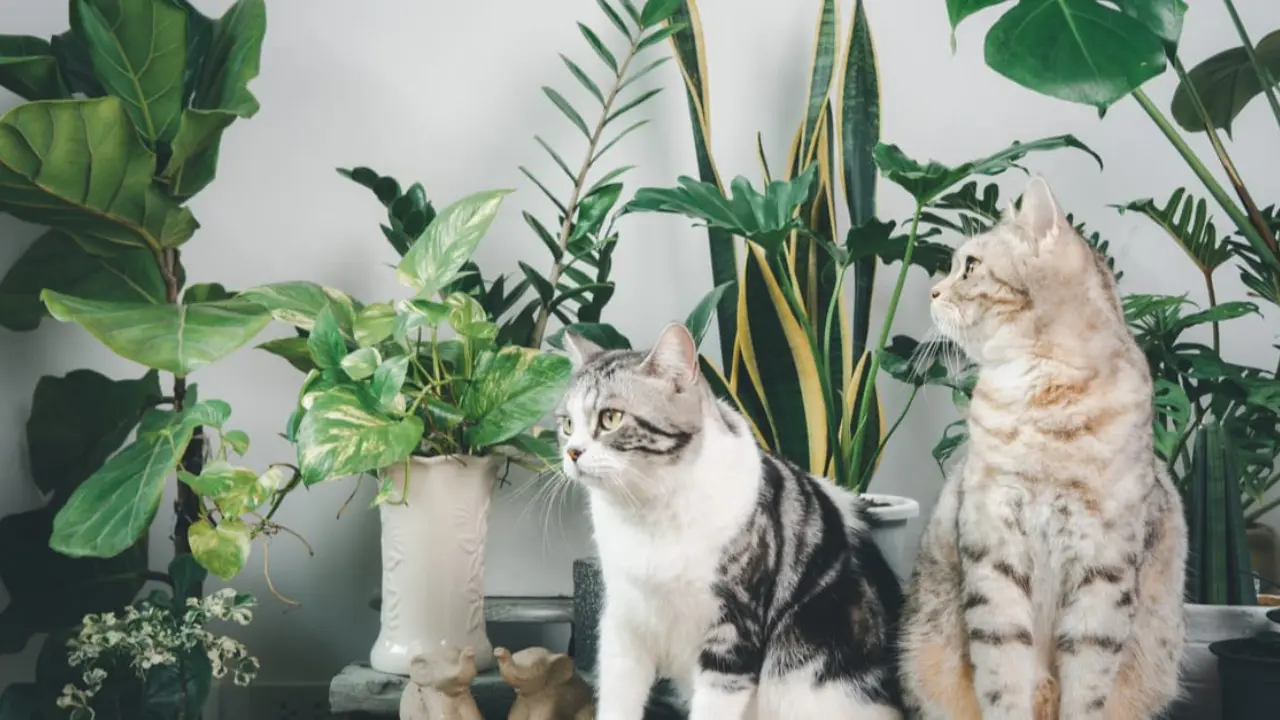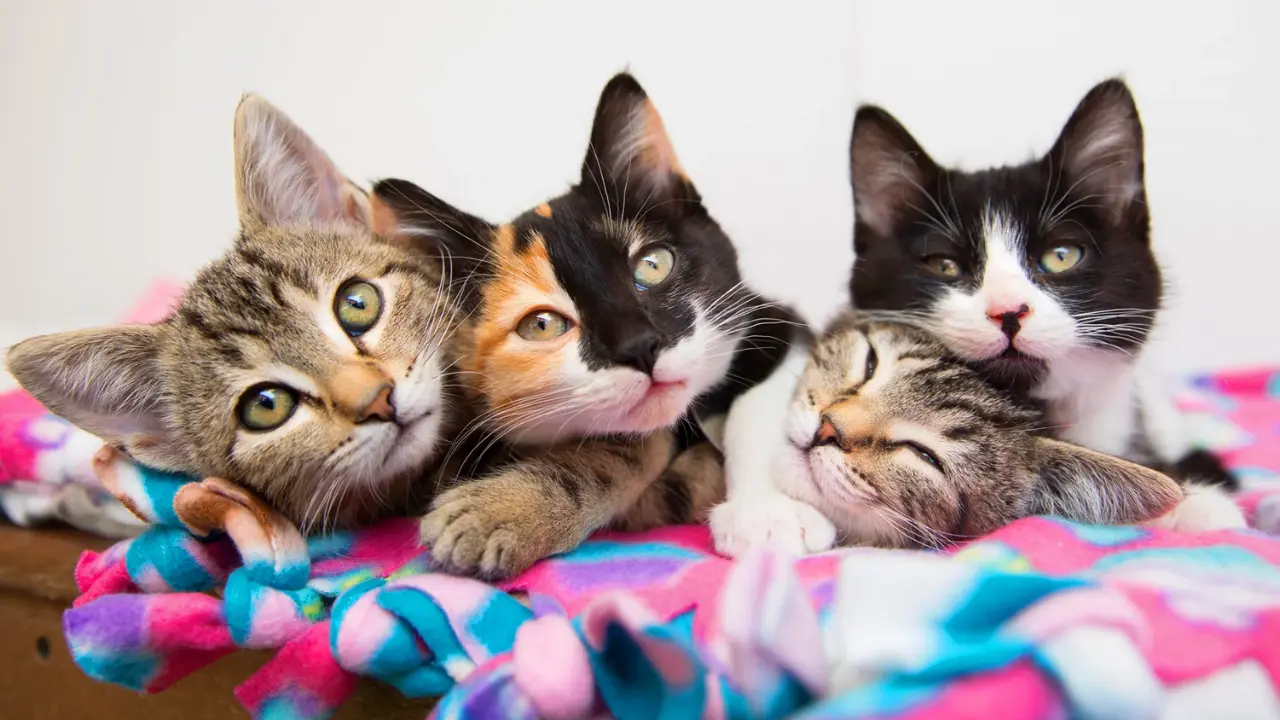Keeping our felines safe is a top priority for cat owners. Indoor plants, such as snake plants (Sansevieria), are famous for their air-purifying qualities and aesthetic appeal. This article will delve into the topic of Snake plant and Cats and provide valuable insights to ensure the safety of your feline companion.
Snake Plants and Cats: An Overview
Before delving into the specifics of snake plant toxicity, it is essential to understand the nature of snake plants and the behavior of cats. Snake plants are known for their hardy nature and are generally considered non-toxic to humans. Conversely, cats have a natural curiosity and may investigate plants by sniffing, chewing, or playing with them.
Common Toxic Plants for Cats
While snake plants are generally considered non-toxic to cats, it is crucial to be aware of other common plants that pose risks. Some examples of toxic plants for cats include lilies, azaleas, tulips, daffodils, and certain varieties of ferns. When ingested by cats, these plants contain substances that can lead to gastrointestinal distress, organ damage, or even be fatal in severe cases.
Snake Plant Toxicity for Cats
Snake plants, or mother-in-law’s tongues, are generally considered non-toxic to cats. However, it is essential to note that when ingested in large quantities, any plant material can cause mild gastrointestinal upset in cats. While snake plants are not highly toxic, taking precautions and being mindful of your cat’s interaction with them is essential.
Symptoms of Snake Plant Toxicity
You may notice specific symptoms indicating potential toxicity if your cat has ingested many snake plant leaves or stems. These symptoms can include vomiting, diarrhea, excessive drooling, lethargy, or loss of appetite. These symptoms are usually mild and subside within a day or two as the cat’s body eliminates the irritants.
Potential Health Risks
While snake plants are generally safe for cats, monitoring your cat closely if they have ingested a large quantity is essential. Some cats are more sensitive than others, and prolonged exposure or ingesting snake plant material can lead to more severe health issues. It is always better to err on the side of caution and take preventive measures to minimize the risks.
Preventing Cat Exposure to Snake Plants
To ensure the safety of your cat and prevent potential snake plant toxicity, consider the following preventive measures:
- Placement and Accessibility: Keep snake plants out of reach or in areas where your cat cannot easily access them. Place them on high shelves or use hanging planters to deter curious cats.
- Safe Alternatives for Indoor Plants: If you are concerned about your cat’s interaction with indoor plants, consider choosing cat-friendly alternatives such as cat grass or non-toxic varieties like spider plants or Boston ferns.
Treatment for Snake Plant Toxicity
If you suspect your cat has ingested a significant amount of snake plant material. It is essential to take appropriate action. The symptoms are usually mild and self-limiting, requiring minimal intervention. Monitor your cat closely, encourage them to drink water to stay hydrated, and provide a calm environment. If the symptoms persist or worsen, seeking veterinary advice is recommended.
Recognizing and Responding to Cat Poisoning
While snake plant toxicity may not be hazardous, it is essential to understand how to recognize and respond to cat poisoning in general. In case of any suspected poisoning, follow these steps:
- Emergency Measures: If your cat shows severe symptoms like difficulty breathing, seizures, or unconsciousness, contact your veterinarian immediately. You may also consider calling a pet poison helpline for immediate guidance.
- Seeking Veterinary Care: If your cat exhibits moderate symptoms or you are unsure about the severity, contact your veterinarian for advice. They will guide you on monitoring the cat at home or bringing them in for a check-up.
Conclusion
While snake plants are generally considered non-toxic to cats. It is essential to be cautious and take preventive measures to ensure the safety of your feline companion. You can minimize potential snake plant toxicity risks by keeping snake plants out of reach, providing cat-friendly alternatives, and monitoring your cat’s behavior. Creating a safe environment is crucial for your cat’s health and well-being.




